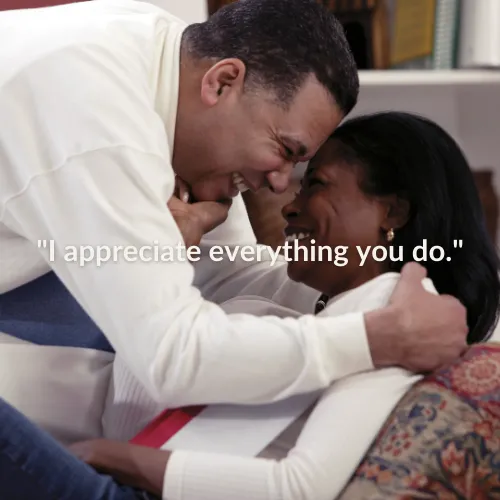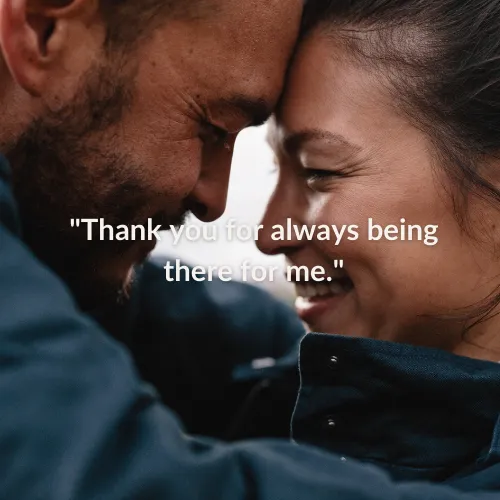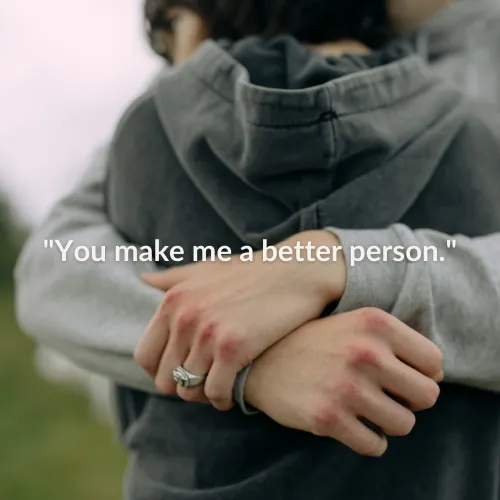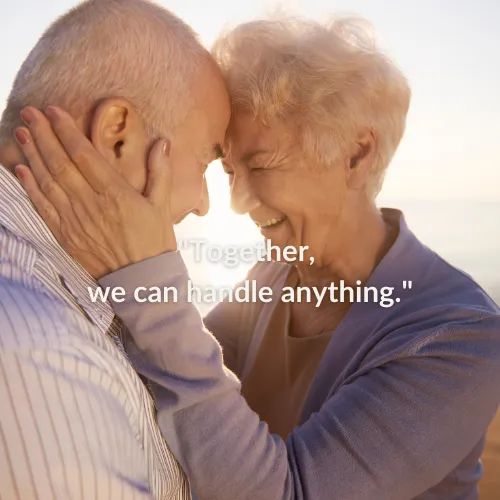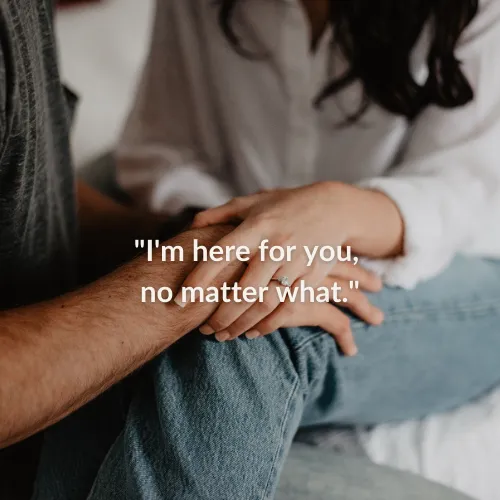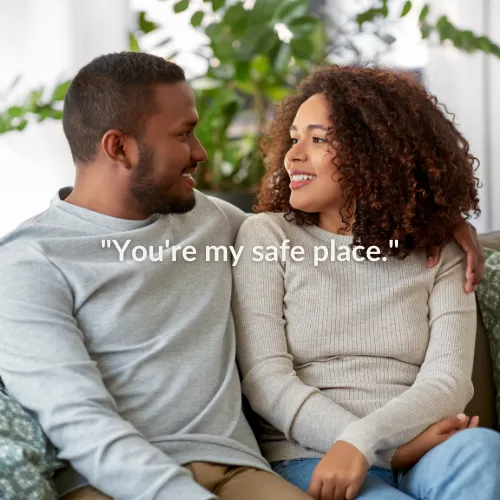Couple Connection
Check-up
Remember When You Used to Say...
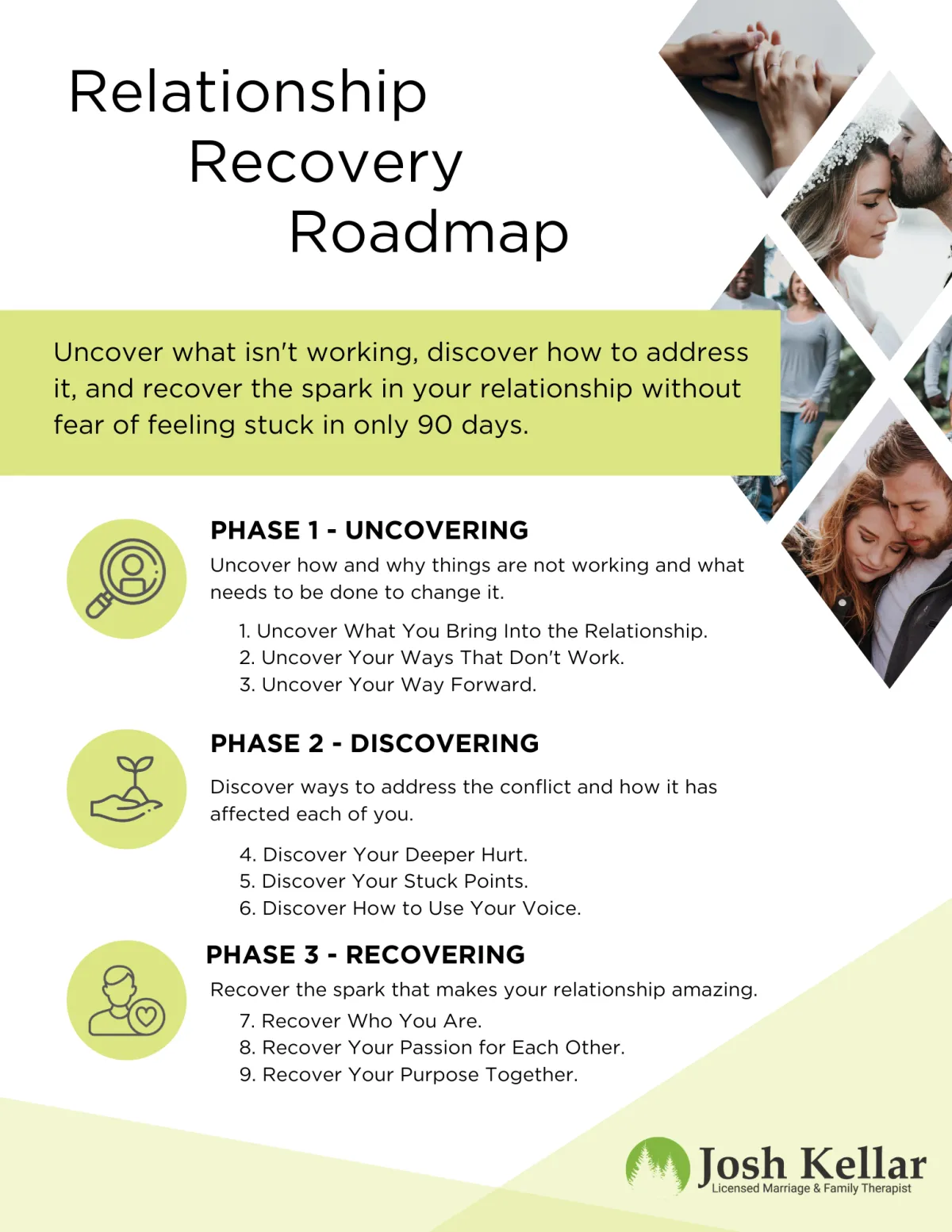
Recover the Spark
In Ways that Work!
This nine-step Relationship Recovery Roadmap will help you and your partner understand what is keeping you stuck, and move toward a thriving relationship in just 90 days.
What is Your Next Step?
___

Mini-Courses

Couples Therapy

Marathon Intensive
Take your relationship to the next level without leaving your home.
Available Now!
Uncover what isn't working, discover how to address it, and recover the spark in your relationship using the Relationship Recovery Roadmap.
Sometimes a more focused approach is required to help get through a crisis. The Marathon Intensive is for couples who require immediate support.
Available Now!
Read More
Read More
Read More
Josh Kellar Counseling, PLLC
© 2026. All Rights Reserved.

